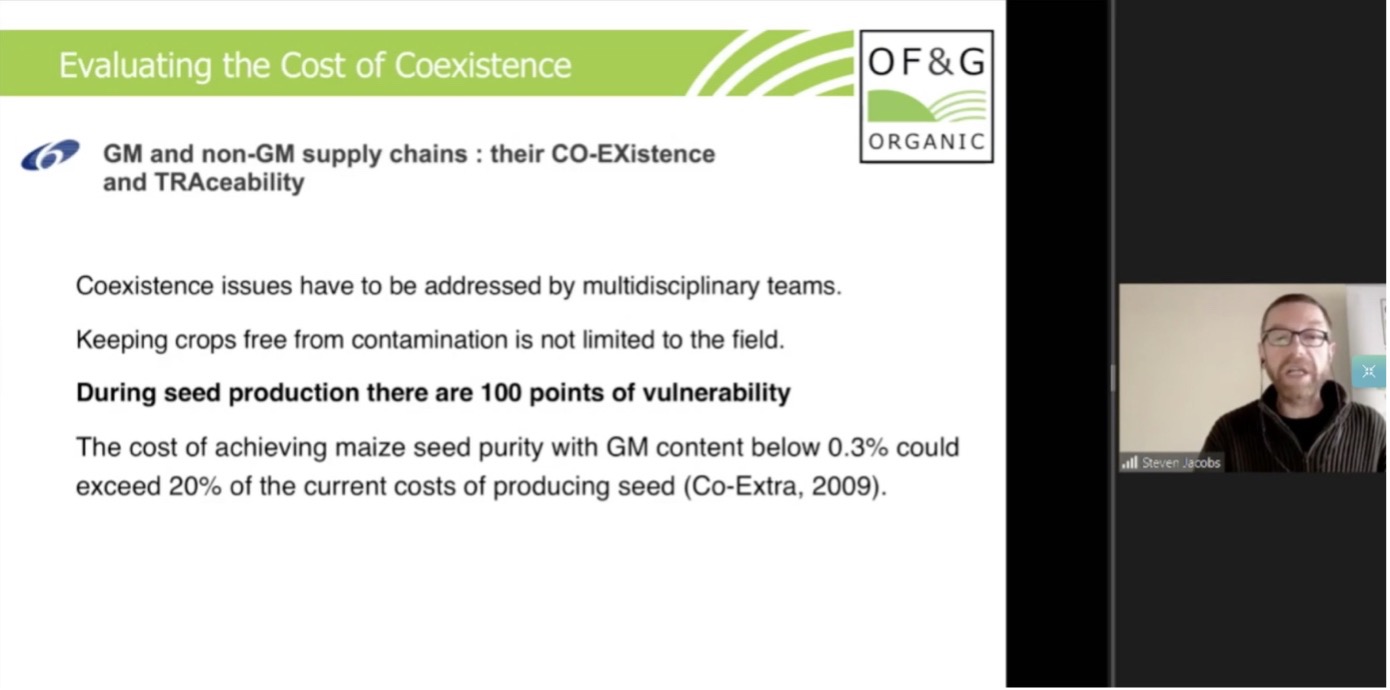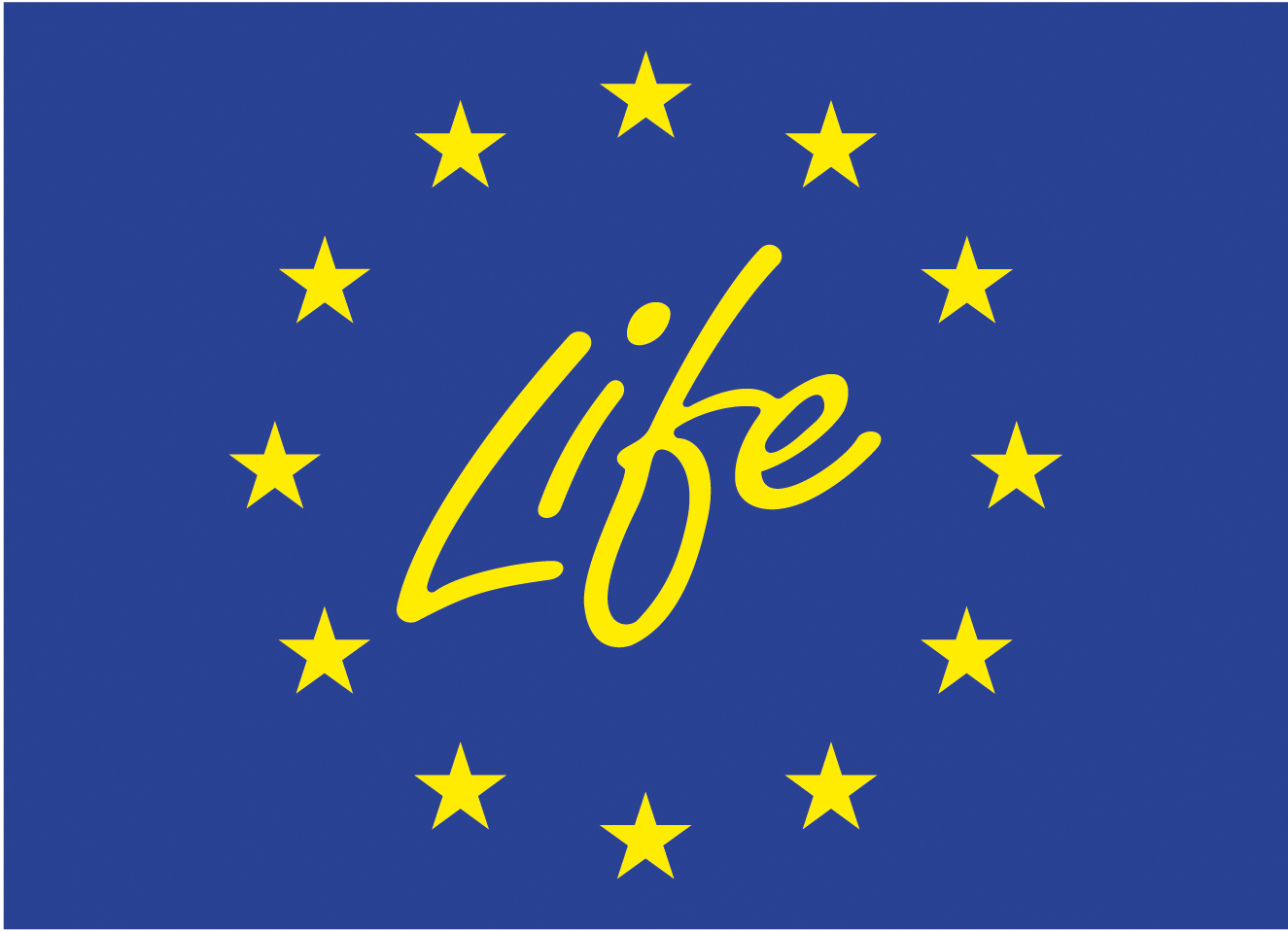Organic and Conventional sectors discuss genome editing at IFOAM Organics Europe event – 10 February 2021, online
IFOAM Organics Europe invited food & farming stakeholders and policymakers to discuss GMOs and gene editing in agriculture. With the study of the European Commission on practical aspects surrounding the application of the European Court of Justice ruling on ‘New Genomic Techniques’ expected for spring 2021, the topic is high on the agenda of EU and national policymakers again.
Steven Jacobs, Business Development Manager at Organic Farmers & Growers started the event with a presentation of the organic control system and the role of good regulation in preventing contaminations. He concluded that detection of GMO contamination is dependent on both routine and targeted monitoring regimes.
Yves Bertheau, co-founder of the European Network of GMO laboratories, continued by elaborating on the feasibility of detection strategies for products from new genetic engineering techniques and presenting how detection routines for GMO testing laboratories could look like. He concluded that detection strategies are technically feasible, but it requires also a political will to direct resources into this, which appears to be currently lacking.


These presentations were followed by a discussion on the status quo of the EU GMO Regulation, namely scenarios of its future implementation in the light of novel products and their relevance to trade, retail and different production systems, including organic farming.
During the discussion, Alexander Hissting from the European Associations of non-GMO producers (ENGA) highlighted the need for non-GMO food supply chains and why they are well-received by retailers and consumers. Benoit Biteau, a farmer and Member of the European Parliament emphasized that the European Parliament regularly votes against the authorization of GMOs for import and cultivation, mainly due to environmental concerns, but it remains to be seen what the majority position of the Parliament will be on new genetic engineering techniques such as genome editing. Thor Gunnar Kofoed, member of COPA-COGECA underlined the need for traceability of GMOs and argued that coexistence of organic and non-GMO agriculture with GMO agriculture is possible, if nationally defined rules are respected.
This conclusion was put into question by Daniel Evain from Federation Nationale d’Agriculture Biologique (FNAB), who made the point that while coexistence might appear simple in theory, the situation is quite different in practice as examples of GMO cultivation in Spain are showing. He described though that contamination in seed production is currently exceptional, this might change if (imported) products of genome editing end up on the EU market unregulated.
Sirkku Heinimaa from the EU Commission concluded the discussions by reminding participants about the legal status of New Genomic Techniques that had been clarified by the ECJ decision in 2018 and the request by member states for a study on the practical implications of this ruling. She emphasized that based on the study (to be published until by 30 April 2021), discussions in the EU Council (of the member states) and the European Parliament will guide the way forward. Different options are on the table, including a legislative proposal for New Genomic Techniques.


This event was co-financed by the LIFE programme of the European Union, under the Executive Agency for Small and Medium-sized Enterprises (EASME). The sole responsibility for this event lies with IFOAM Organics Europe. EASME is not responsible for any use that may be made of the information provided.

